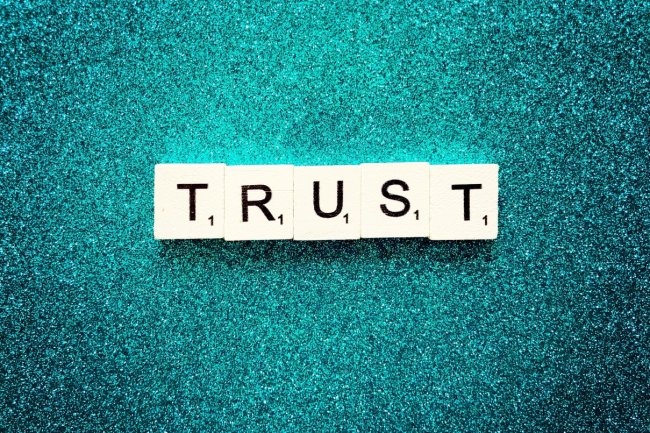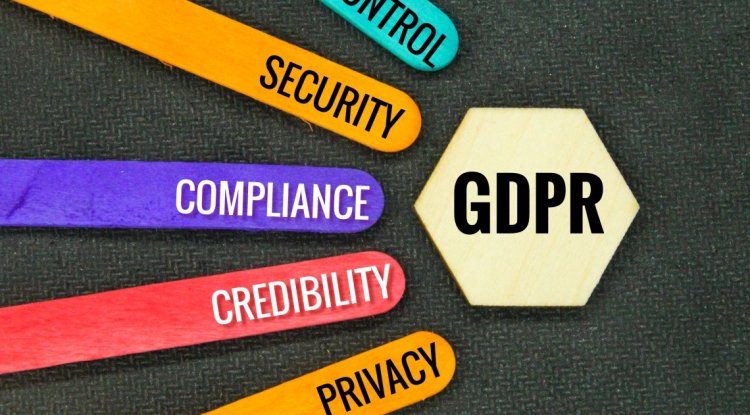Key Components of Ethical Marketing Regulations
Explore the essential elements of ethical marketing regulations and how they shape modern business practices. Learn about the importance of transparency, consumer rights, and responsible advertising.

In today's dynamic business landscape, ethical marketing regulations play a pivotal role in shaping the way organizations engage with consumers and promote their products or services. These regulations serve as a moral compass, ensuring fair and responsible practices that benefit both businesses and customers. In this article, we will delve into the key components of ethical marketing regulations and their significance in the modern world.
Transparency and Honesty
At the heart of ethical marketing lies transparency and honesty. Organizations are required to provide accurate and truthful information about their offerings, avoiding any deceptive tactics or misleading claims. Clear and straightforward communication builds trust and fosters long-term relationships with consumers. Upholding transparency extends to disclosing any potential conflicts of interest, ensuring that consumers can make informed decisions.
Consumer Rights Protection
Ethical marketing regulations prioritize safeguarding consumer rights. This includes respecting privacy, obtaining consent for data collection, and allowing individuals to opt out of marketing communications. By giving consumers control over their personal information, these regulations empower individuals and enhance their confidence in engaging with businesses.
Responsible Advertising
Responsible advertising focuses on delivering messages that are not only compelling but also align with societal values. Ethical marketing regulations prohibit the use of offensive or discriminatory content and emphasize promoting products in a manner that positively contributes to the well-being of individuals and society as a whole. Advertisements should avoid exploiting vulnerabilities or using fear tactics to manipulate consumer behavior.
Case Study: Empowering Informed Choices
A notable example of ethical marketing in action is the case of a wellness supplement company. By adhering to ethical marketing regulations, the company provided comprehensive information about its products, including ingredients, potential benefits, and possible side effects. They also conducted third-party testing to validate their claims. This transparent approach boosted consumer confidence, leading to increased sales and positive brand perception.
About Myself
I am Raghav Chugh, a seasoned professional with extensive expertise in digital marketing and technology. With multiple Marketo Certified Expert certifications, I excel in marketing automation, campaign planning, and lead lifecycle design. Over the years, I have developed proficiency in SEO, web development, and server management. With a strong technical background, I am dedicated to delivering exceptional results in any technical environment.
Connect with me on LinkedIn to learn more about my journey and experience.
Empowering Worldwide Impact
Our platform, Zigmo.in (Zero-Intrusion Guard for Marketing Operations), is dedicated to assisting individuals and businesses worldwide with informative articles like this one. By promoting ethical marketing practices, we aim to create a marketing ecosystem built on trust and integrity. Visit our website here to explore how Zigmo.in is making a difference.
Raghav Chugh is a highly skilled professional with a vast array of technical skills and certifications that enable him to excel in the field of digital marketing and technology. With a strong background in campaign planning, web development, and server management, Raghav is committed to delivering high-quality work in any technical environment.
What's Your Reaction?




















